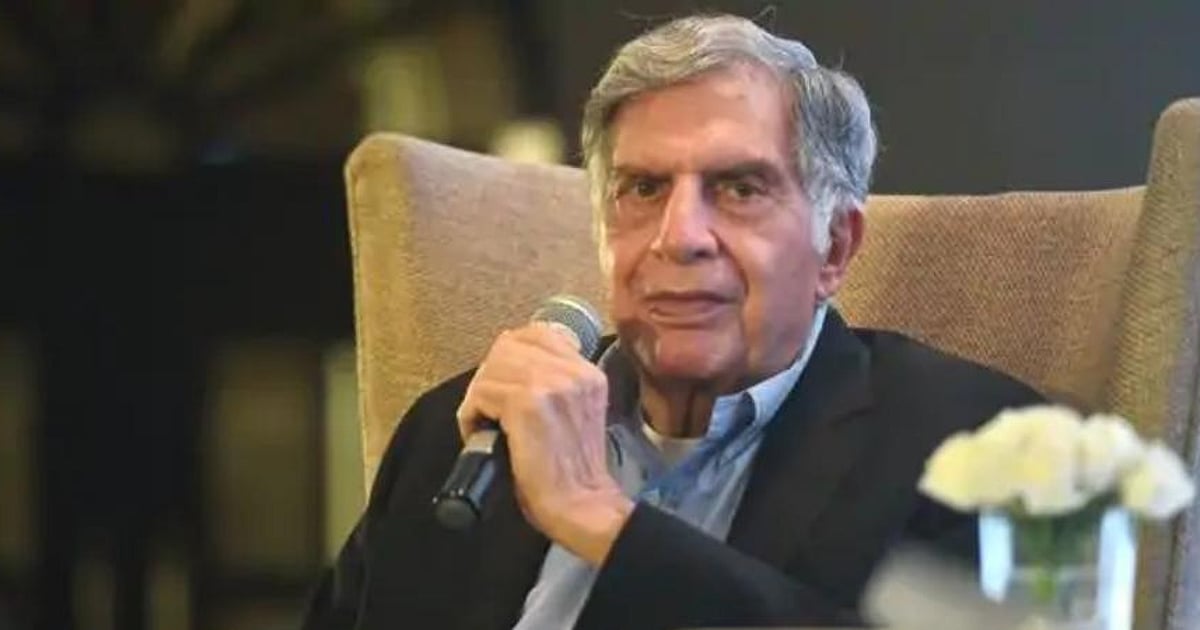We’re seeing more builders than ever before in this day and age of Startup India. But we’re also seeing more burnout, more course correction, and more quiet exits.
The biggest culprit: the illusion that business success stems from a clear, linear plan. This is a hangover from the industrial age, when markets were predictable, consumers stable, and disruption slow. That world no longer exists.
These are the days of founders who know when to abandon their plans—and pivot with purpose.
Take Satya Nadella’s transformation of Microsoft. When he took over as CEO of Microsoft in 2014, the company had all the attributes of success: market share, capital, brand recognition. Yet, it was stagnating, distracted by its Windows legacy, disconnected from the mobile revolution, and defensive about innovation. Nadella didn’t just tweak the plan; he discarded its central dogma.
He shifted Microsoft’s focus from ‘know-it-all’ to ‘learn-it-all’, famously bringing empathy and adaptability to a technocratic fortress. The results? A stock price that soared over 900% in under a decade and a cultural shift that made Microsoft relevant in AI, cloud, and enterprise.
The lesson is not merely managerial, it’s philosophical: “The business plan is a fiction you write to begin, not a scripture you follow to the end.”
Closer home, Ashish Hemrajani’s BookMyShow is another case in point.
It started in the late ’90s, pre-digital India. The dot-com bust nearly buried it. It took years of grinding reinvention before the business model finally fit the Indian reality.
Most would’ve shut shop. Hemrajani didn’t. He adapted. He waited. He learned.
In these cases, what worked was not the original plan, it was the ability to abandon it at the right time.
When the pivot becomes the core
In today’s entrepreneurial ecosystem, especially after the pandemic, the pivot is no longer a reaction, it is strategy.
A 2023 McKinsey Global Survey found that over 70% of startups had significantly altered their business model within the first 24 months. This isn’t a sign of chaos; it’s a sign of cognitive flexibility. What separates a unicorn from a flameout is often how fast the founder can unlearn.
India’s regulatory and economic volatility further compounds this need for agility. One day you’re riding a policy wave (think: UPI, GST simplification); the next, you’re blindsided by a tax ruling or data protection clause. Founders who insist on rigidity are simply not building for India.
The Ratan Tata lesson
What’s often missing from the glossy entrepreneurship narrative is the emotional toll of starting over. Every time you pivot, you risk losing investor trust, dampening employee morale, and bringing down your own self-belief. There’s no pride in telling your team that the last 18 months of work must be left behind.
That’s why entrepreneurship isn’t for the blindly optimistic, it’s for those who are strategically humble. The ability to let go of your prized ideas, walk away from sunk costs, and treat failure as useful feedback is the mindset the new economy demands.
As Ratan Tata once said in a rare candid moment: “Many of our successes were not based on perfect planning. We learned as we went along.”
The Tata Group’s global ventures, some of which failed before becoming case studies, reflect this kind of resilience.
